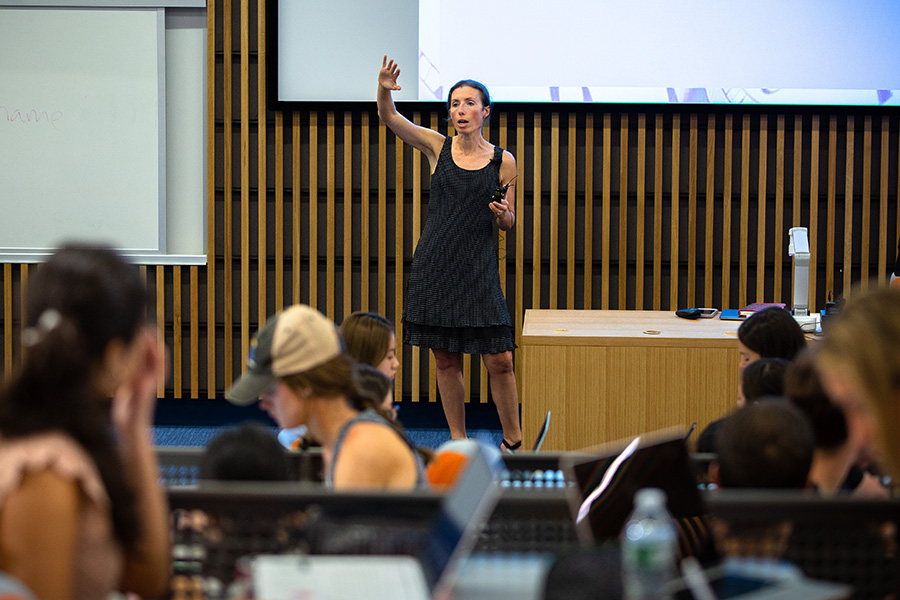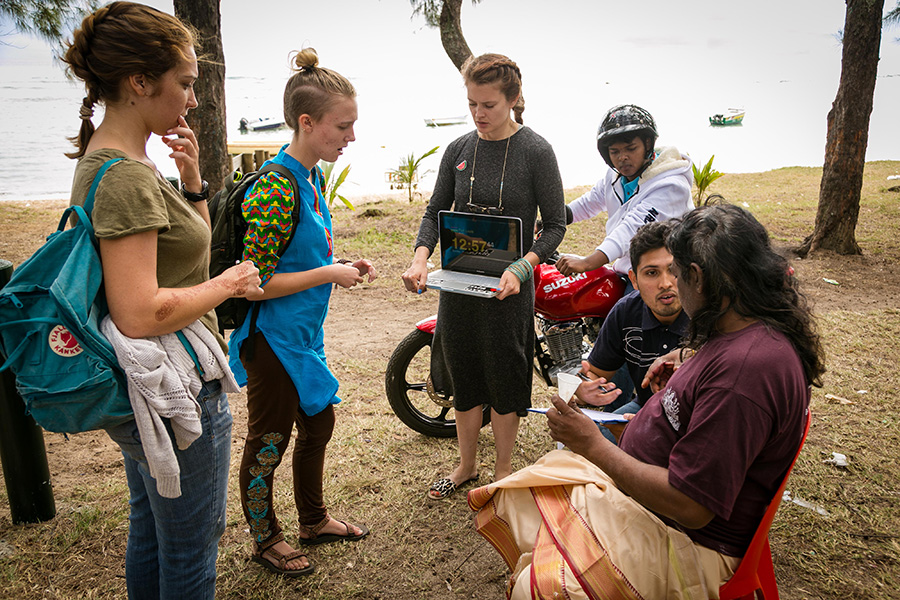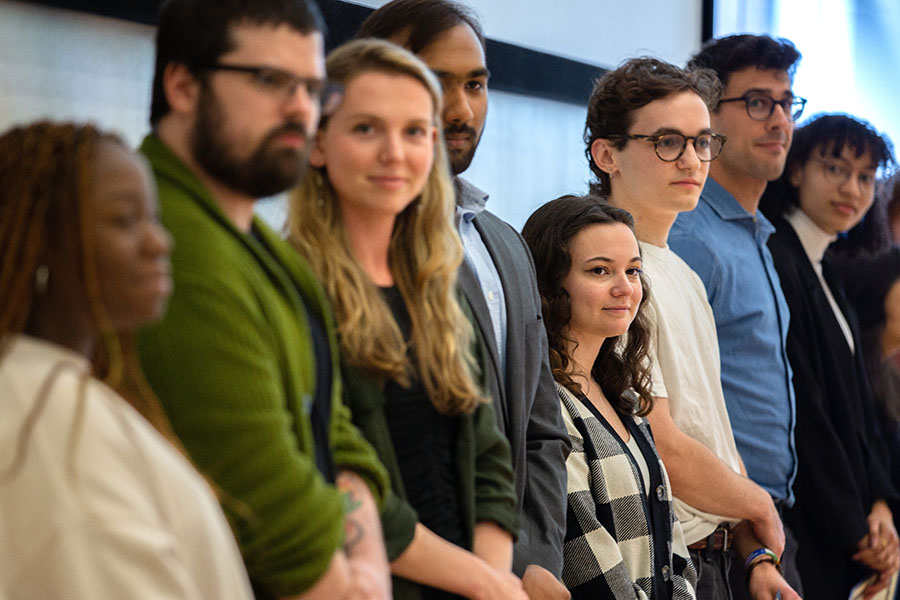About Us
UConn’s Department of Anthropology offers holistic, integrative, and multidimensional study of what it means to be human. Our work provides valuable insights into our evolutionary history, the contemporary world, and the challenges we face today.
Anthropology examines the wide range of human experiences across different time periods, cultures, and places around the globe. The field is inherently multidisciplinary, combining theory and methods from the arts, humanities, sciences, and social sciences.
Anthropologists at UConn document and understand human diversity in all its forms – both biological and cultural, in the past and in the present. We seek to understand how human diversity has developed and how it changes across time and space.
We also emphasize the importance of understanding the social, political, historical, and environmental contexts in which humans live. By considering these factors, we can better address pressing issues in our fast-changing, culturally diverse, and increasingly interconnected world.
As a department, we believe that the knowledge gained from anthropology is a vital part of a liberal education and can contribute to solving important contemporary medical, social, economic, and political problems.
Our Priorities

Education
Our department offers degree programs at the undergraduate and graduate levels. We also provide general education for all UConn undergraduate students.
Our degree programs and courses train students in anthropological theory, qualitative and quantitative methods, and ethical scholarship.
We teach a variety of approaches to help our students and the broader community address contemporary issues related to race and racism, gender, class, inequality, health, environmental change, and other important topics.

Research
Our faculty and students have research strengths across several areas of concentration, including:
- Archaeology
- Critical biocultural anthropology
- Cultural anthropology
- Environmental anthropology
- Evolution, cognition, and culture
- Human rights
- Medical anthropology
We are especially interested in issues related to the human-environment interface; mobility and migration; and social justice, ethics, and human rights. Our geographic strengths include Africa, Australia, the Caribbean, the Eastern Mediterranean, Latin America, North America, and West Asia.
UConn anthropology researchers pursue their scholarship through laboratory, archival, and field work. They provide opportunities for students at the undergraduate and graduate level to engage with their research in class and through hands-on learning opportunities like research and field training.

Outreach and Engagement
Our department is committed to engaging communities at UConn, in Connecticut, and globally.
UConn anthropology professors share their discoveries with the public through media appearances, with several of them serving as faculty experts for journalists. They also use their scholarship to lead initiatives that have real-world impact, like diversifying elementary education in Connecticut schools, using art to confront the atrocities of war, and archiving the experiences of ordinary people during the COVID-19 pandemic.
Diversity, Equity, and Inclusion
We seek to understand how social inequities are created and maintained, while simultaneously identifying ways to reduce or eliminate them.
Our research, teaching, and advocacy examine these questions across different areas, in both the past and present. Through this work, we strive to contextualize discussions about social justice, ethics, and human rights both historically and geographically.
You can support these priorities and make a difference in the lives of UConn students and faculty.
